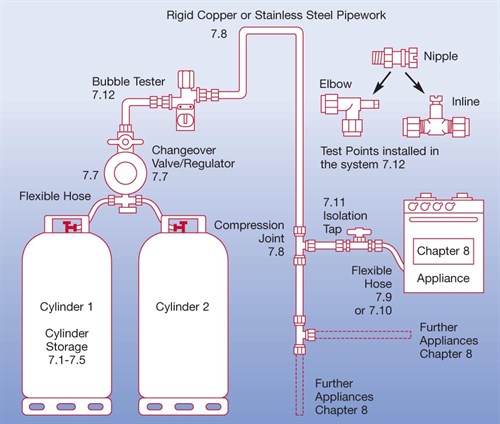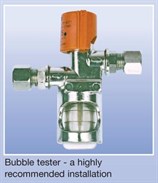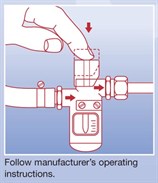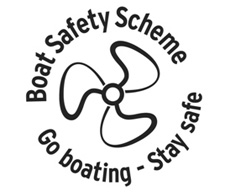 Urgent Safety Notices Concerning Gas Equipment
Urgent Safety Notices Concerning Gas Equipment
Recall of Calor Lite® cylinders 2008-11
Calor Gas Ltd has asked the BSS to help notify boaters that there is an immediate product recall on all 6kg Calor Lite® cylinders manufactured between 2008-2011 inclusive following concerns regarding the potential deterioration of the cylinder. Find out more here immediate recall information
Do you have a Beko, Flavel or Leisure LPG cooker installed on your boat?
Beko UK has an urgent safety notice and has asked for support from the Boat Safety Scheme.
There is an on-going Beko campaign to find and fix dangerous older models of Beko, Flavel and Leisure gas cookers that can produce potentially fatal levels of carbon monoxide, if used incorrectly with the grill door closed. Find out more here: Urgent Safety Alert
Boats with LPG (butane and propane) aboard
If your vessel has gas aboard, please remember to prepare the vessel before its examination and ensure there is a supply of gas ready for the examiner to undertake the checks.
LPG cylinder lockers – boat owners must ensure the BSS Examiner can carry out careful checking of the LPG cylinder locker for condition, including the removal of all loose portable items, base protection mats, removable false floors and the temporary removal of connected LPG cylinders.
Discuss your LPG cylinder locker arrangements with your examiner in advance of the examination as this may require your attendance or you to make prior arrangements involving service agents.
LPG lockers not accessible enough to allow an assessment of condition will involve the BSS Examiner having to return to carry out the check with the obstruction removed.
The BSS Examination includes checks on any LPG system covering aspects of the storage of gas cylinders, gas system and the connections to gas appliances.
The complete set of checks can be read in Chapter 7 of the BSS Examination Checking Procedures (See page 40 of the PDF file).
Here is a diagramtic description of the BSS requirements linked to a boats LPG system. The numbers refer to the chapters and section in the BSS ECPs refered to in the link above.

How do we check your boat is free from gas leaks?
The BSS examination includes a test that checks that the gas system is free from leaks i.e the gas tightness-test.
However, we would like to stress that the system should be gas-tight (not leaking) all times, not just when the BSS examination is due.
For boat owners the simplest way of having that assurance is to install a bubble tester and use it routinely. The examiner can also use this device to check the system is gas tight too, if it is installed correctly.
 |
 |
Where a bubble tester isn’t fitted, the BSS Examiner must use a device called a manometer, this has to be connected to a gas test point.
The test point is simply a threaded opening into the gas system. It is sealed by a screw action nipple. To test the system, the nipple is undone, the manometer is connected up, the test is carried out, the manometer is then disconnected and the nipple is tightened back down. It is tightened sufficiently to seal the test point once more to prevent a gas leak, but not so tight as to damage the seal and cause a gas leak.
For more information contact European Marine Services Ltd. Marine Surveyors & Consultants
EMS also undertake Boat Safety Inspections & Engine Inspections
www.europeanmarinesurveys.com
Tel: 01603 327 123







